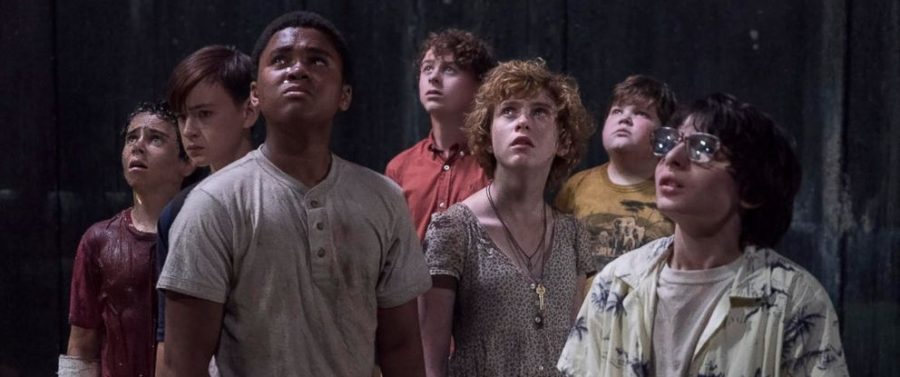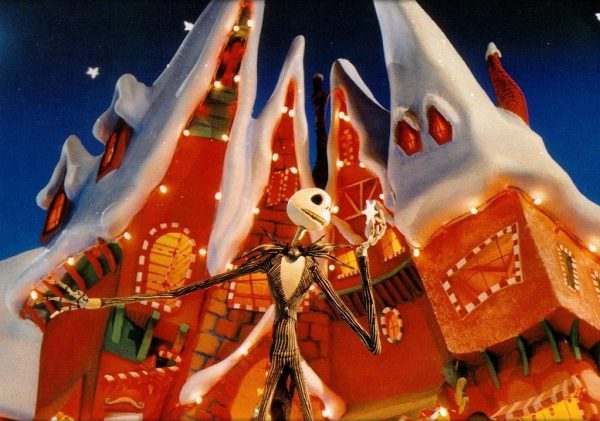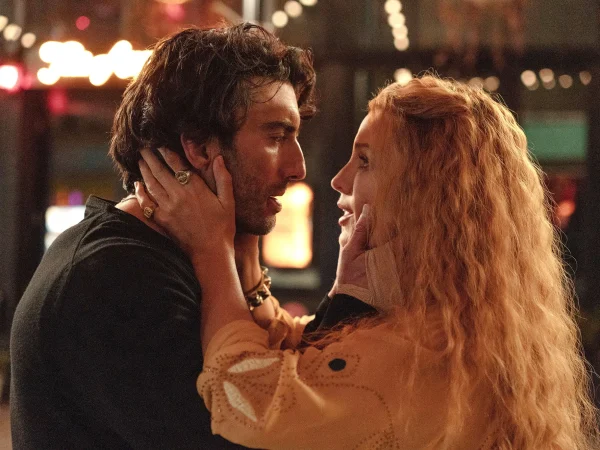2017 Film Version of Stephen King’s IT Lacks the Character Depth of the Book
SPOILER ALERT: This story discusses important plot points of both the book and film.
The screenplay for the second film adaptation of Stephen King’s blockbuster book It, which set all kinds of box office records when it was released on Sept. 8, was drastically altered to not only fit the 1,400-plus page narrative within a reasonable film time frame, but also to fit within and not offend the mindsets of main stream audiences. In many ways, this is unfortunate as the books contains many scenes that make it unique and helped to turn it into a best seller.
Probably the most glaring omission is when in order to escape the killer clown, Pennywise, the six boys of the “Losers Club” each make love with the lone female club member, Beverly Marsh. The theory behind these barely pubescent kids engaging in such an action is that the only way to fight fear is with love.
One can easily understand why the filmmakers would not include scenes of pre-teens engaging in sexual activity as many would find it highly offensive and it would have most certainly earned the film a NC-17 rating, seriously damaging the box office receipts.
Another bothersome change from book to film is the complete deletion of the bully Patrick Hockstetter’s true character. While not even a major character in the book, Patrick, for many, is the scariest monster on the pages. King’s chilling narrative subtly delves into the warped mindset of the sociopathic boy struggling with his sexual identity who kills his sleeping infant brother and later meets his cruel demise at the crimson hands of Pennywise.
In the film, Patrick is a flat character that checks off all the boxes of the typical movie teen bully. The true Patrick from the book is a glaring omission.
Another change comes in the form of the under-utilized character of Mike Hanlon. In the movie, his somber past included his parents burning to death, a complete change from the book, where his parents are present and a strong influence on him.
While on the subject of Mike, the lone African-American of the Losers Club, the film completely glosses over the overt racism that drives Henry Bowers, the leader of the gang of bullies, to torment Mike. Henry, who, in the book, learned his hate for African-Americans from his father poisons Mike’s dog and hurls racial slurs at Mike as if he is getting paid for each one. In the movie, once again in order to not offend, the racism that drives Henry’s hate for Mike is so underplayed that it is almost completely absent.
And, while on the subject of Henry, at the beginning of the film, Henry tells Bill he did not pick on him because of Bill’s little brother Georgie’s death. This was not in the book for good reason, as it is illogical. If a bully carves his name into someone’s stomach, kills his father with a pocket knife, and tries to kill a bunch of kids, it seems that the death of that bully’s victim’s family member would do little to slow him down.
In short, the filmmakers seem to be trying too hard to find redeeming qualities in characters that have none.
One small detail that the film viewers may have missed, is the “princess and the frog” figurine on Beverly’s desk. At the end of the movie, Ben Denbrough kisses Beverly to break her out of a trance, effectively making Beverly the princess to Ben’s frog. Both of these elements were left out of the book, but were a welcome inclusion to the film.
Another welcomed change, was the flute creature that haunts Stanley Uris. The freak even started eating Stan before the Losers stopped it. Stan walks away, apparently scarred for life. This change is a direct foreshadowing of things to come, emphasizing how this traumatic experience affected him.
While the film is intriguing and adds a few of its own pleasing subtleties, we miss the depth of the characters that King offers in his book. As a result, we are left leaving the theater mumbling the time-worn phrase: “The book was better.”










